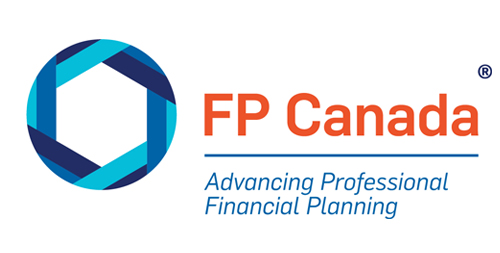Trust
KNOWLEDGE EXPECTED OF: QAFP® Professionals
Highest Knowledge Level: Awareness
Knowledge Levels and Associated Verbs
|
Awareness
The state of being aware that something exists / to have familiarity with a particular activity or subject
|
Understanding
To comprehend the general relationship of particulars / to have an expertise with how something works
|
Application
Ability to put information to use / to use knowledge for relevant, practical purposes
|
Evaluation
To judge or conclude by utilizing data / a systematic determination of something’s worth or significance
|
||||||
|---|---|---|---|---|---|---|---|---|---|
|
Define
To state exactly the meaning of
|
Identify
To be aware of / to recognize and correctly name / to locate an appropriate resource
|
Explain
To make clear the meaning of / to describe something in more detail or reveal relevant facts or ideas related to it
|
Determine
To ascertain / to come to a decision, such as by investigation or reasoning
|
Compare
To note the similarities and differences between two or more things
|
Estimate
To determine an approximate value for
|
Calculate
To find the value using mathematics
|
Convert
To change from one form or purpose to another
|
Evaluate
To reach a conclusion or make a through careful study
|
Interpret
To give the meaning of / to construe or understand / to translate orally
|
Hold cursor over or click on each term to read its definition.
- Define components of trust.†
- Character
- Competence
- Identify that trust is a cornerstone of relationships.
- Identify ways of building trust, such as:
- Listening
- Acting with integrity
- Demonstrating benevolence
- Acting with empathy
- Having genuine interest
- Performing competently
- Acting in consistent and predictable ways
- Ensuring congruence between words and actions
- Practicing accountability
- Communicating accurately, openly and transparently
- Being emotionally aware
- Managing expectations appropriately
† For further understanding of trust, you may wish to reference a model presented by Richard Barrett based on the work of Stephen M.R. Covey at https://richardbarrettblogdotnet.wordpress.com/2014/04/11/building-trust-in-your-team-the-trust-matrix/comment-page-1/
KNOWLEDGE EXPECTED OF: CFP® Professionals
Highest Knowledge Level: Awareness
Knowledge Levels and Associated Verbs
|
Awareness
The state of being aware that something exists / to have familiarity with a particular activity or subject
|
Understanding
To comprehend the general relationship of particulars / to have an expertise with how something works
|
Application
Ability to put information to use / to use knowledge for relevant, practical purposes
|
Evaluation
To judge or conclude by utilizing data / a systematic determination of something’s worth or significance
|
||||||
|---|---|---|---|---|---|---|---|---|---|
|
Define
To state exactly the meaning of
|
Identify
To be aware of / to recognize and correctly name / to locate an appropriate resource
|
Explain
To make clear the meaning of / to describe something in more detail or reveal relevant facts or ideas related to it
|
Determine
To ascertain / to come to a decision, such as by investigation or reasoning
|
Compare
To note the similarities and differences between two or more things
|
Estimate
To determine an approximate value for
|
Calculate
To find the value using mathematics
|
Convert
To change from one form or purpose to another
|
Evaluate
To reach a conclusion or make a through careful study
|
Interpret
To give the meaning of / to construe or understand / to translate orally
|
Hold cursor over or click on each term to read its definition.
- Define components of trust.†
- Character
- Competence
- Identify that trust is a cornerstone of relationships.
- Identify ways of building trust, such as:
- Listening
- Acting with integrity
- Demonstrating benevolence
- Acting with empathy
- Having genuine interest
- Performing competently
- Acting in consistent and predictable ways
- Ensuring congruence between words and actions
- Practicing accountability
- Communicating accurately, openly and transparently
- Being emotionally aware
- Managing expectations appropriately
† For further understanding of trust, you may wish to reference a model presented by Richard Barrett based on the work of Stephen M.R. Covey at https://richardbarrettblogdotnet.wordpress.com/2014/04/11/building-trust-in-your-team-the-trust-matrix/comment-page-1/



